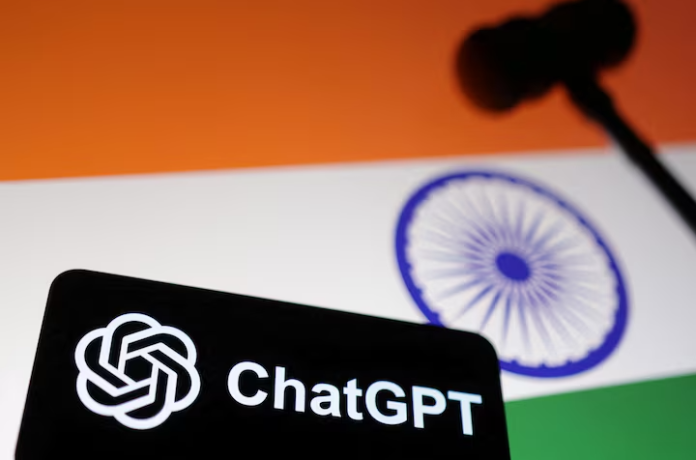Indian book publishers and their international allies have launched a legal battle against OpenAI, alleging copyright violations by the tech giant’s popular chatbot, ChatGPT. The lawsuit, filed at the Delhi High Court, could set a precedent for artificial intelligence (AI) usage in India, especially as publishers seek to protect their intellectual property in an era of rapid technological advancements.
The case, spearheaded by the Federation of Indian Publishers (FIP), represents prominent members such as Bloomsbury, Penguin Random House, Cambridge University Press, and local publishers like Rupa Publications and S. Chand and Co.
According to Pranav Gupta, the FIP’s General Secretary, the lawsuit aims to prevent OpenAI from accessing copyrighted content without permission. “If OpenAI isn’t willing to license our works, they should delete any datasets used for training AI and provide clarity on compensation for affected publishers,” Gupta said.
The Growing Concern Over Book Summaries
The publishers’ primary grievance revolves around ChatGPT’s ability to generate detailed book summaries. For instance, when prompted, ChatGPT can provide chapter-by-chapter breakdowns of popular novels like Harry Potter and the Philosopher’s Stone. While the chatbot refrains from reproducing actual text, it raises concerns that readers may forego purchasing books if detailed summaries are readily available for free.
The Federation’s legal filing claims credible evidence that OpenAI utilized members’ literary works to train ChatGPT, negatively impacting book sales. This aligns with global concerns from authors, news agencies, and musicians who accuse AI companies of exploiting copyrighted materials to develop generative AI tools without proper licensing.
A Global Legal Battle
OpenAI, which sparked a worldwide frenzy with the launch of ChatGPT in late 2022, faces mounting legal challenges across multiple countries. In India, the publishers are seeking to join a separate copyright lawsuit filed by ANI, a leading news agency, against the company.
The outcome of these cases could have far-reaching implications for balancing intellectual property protection with technological innovation. Mumbai-based lawyer Siddharth Chandrashekhar commented, “These lawsuits represent a critical juncture for AI regulation in India. The court’s ruling will likely influence the legal framework for AI usage and IP protection.”
OpenAI has denied such allegations globally, maintaining that its AI systems use publicly available data within the bounds of fair use. However, it recently argued that complying with any Indian court order to delete datasets would conflict with its obligations under U.S. laws, further complicating the legal proceedings.
India’s Role in the AI Debate

India’s rapid digital transformation and affordable data prices have made the country a significant market for AI technologies. OpenAI’s first hire in India, former WhatsApp executive Pragya Misra, highlights the company’s focus on expanding its presence in this fast-growing digital economy.
With millions of Indians coming online, the demand for advanced AI tools like ChatGPT is surging. However, this growth also intensifies scrutiny over ethical and legal aspects of AI, especially regarding the use of copyrighted content.
What’s Next for OpenAI and the Publishers?
The Delhi High Court is scheduled to hear the publishers’ plea on January 28, 2025. Until then, the future of AI in India remains uncertain as the judiciary navigates complex questions of intellectual property, innovation, and digital transformation.
For publishers, this legal battle is about safeguarding creativity and ensuring fair compensation in an age where AI tools could redefine how content is consumed. For OpenAI, it’s a test of its global strategies and compliance with diverse regulatory environments.
As AI continues to evolve, this case underscores the urgent need for a balanced approach that protects intellectual property while fostering innovation.



